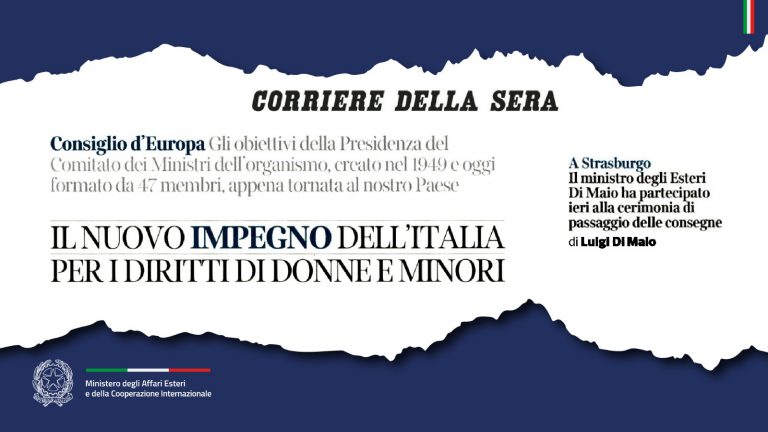It is the desire on the part of both Italy and Germany to build a “common memory” of the years of Nazi violence, in honour of the victims, but also to “demonstrate that our nations were able to survive those tragedies” and to “work together” today on the future of the European Union. These were the sentiments expressed yesterday by Minister for Foreign Affairs Giulio Terzi as he joined his German colleague Guido Westerwelle in presenting the report by an Italo-German historical commission on the events that took place between 1943 and 1945.
Lingering prejudice and stereotypes
The commission was set up in 2008 to study the war between Italy and Germany, and particularly the matter of interned Italian soldiers. The objective was to eliminate the prejudices and stereotypes that linger in two countries that have chosen the path of reconciliation, solidarity and integration. The ten Italian and German historians engaged in the study offer the Italian and German governments suggestions for concrete initiatives: the creation of a memorial to Italian internees in Berlin, the establishment of a forum on Italo-German relations, the funding of foundations in the victims’ cities, study bursaries and specific lectures in the schools on the tragedy of those hundreds of thousands deported from the ranks of the Italian army after the armistice of 8 September that turned Italy and Germany from allies into enemies.
Preserving the memory of sacrifice
This report is a “point of departure”, Terzi pointed out, underscoring that “preserving the memory of the sacrifice of so many victims is the civil and moral duty of each one of us, in particular keeping young people aware of the sufferings that have marked our nations’ journey toward peace, freedom and democracy”.
Certain wounds have yet to heal
“It is necessary to remain vigilant, because what happened could be repeated”, Westerwelle underscored, citing Primo Levi, and adding that “certain wounds” from those years “have yet to heal” and are “fertile terrain for those stereotypes that belie the depth and variety of the Italo-German friendship”. Recalling those years, Westerwelle underscored that “unjustifiable crimes were committed in Italy in Germany’s name” and not even The Hague ruling that found in favour of Berlin on the indemnities “can cast doubt on Germany’s responsibility”. Therefore, he stressed, “the response to Germany’s darkest chapter has been Europe”, in which “cooperation has taken the place of contrast”.


